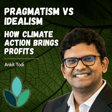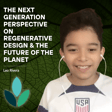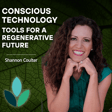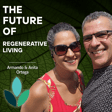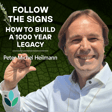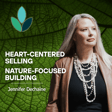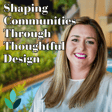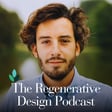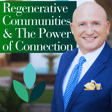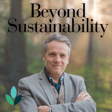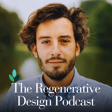
EP31: Sam Sells - Redesigning Poverty Through Real Estate
“The only way to help people get out of poverty is to help them make money.”
The episode unpacks how long-term poverty alleviation must go beyond charity and shift toward systems that generate wealth locally. Using the lens of real estate development, the conversation reveals that when people are empowered with knowledge, infrastructure, and access, they gain both dignity and sustainability. The key lies in designing environments where communities can thrive economically, socially, and ecologically—not as recipients of aid, but as creators of value.
Sam Sells shares deep lessons from his years in military global health, working with NGOs and governments in underserved countries. He explains how Impact Growth Capital is rethinking affordable housing by integrating solar-powered infrastructure, on-site education, childcare, and an AI platform to guide residents from $0 to $50K income in two years. He critiques the inefficiencies of top-down aid and lays out how economic incentives can drive transformative regeneration.
Sam Sells is the CEO of Impact Growth Capital and the host of The Disruptive Capitalist. A U.S. military veteran, he spent over a decade in global health and now builds purpose-driven communities that uplift the poor while delivering returns for investors.
- Website: https://impactgrowthcap.com
- Email: Sam@impactgrowthcap.com
- LinkedIn: Samuel Sells
- Podcast: The Disruptive Capitalist
Explore these valuable resources to further your journey in regenerative design:
Discover more about Regenerative design at Paulownia Landscape Architects. https://www.paulownia-la.com/.
Dive into the Twelve Laws of Nature and unlock the secrets of harmonizing with our planet at https://www.12lawsofnature.com/.
Fulfill your garden aspirations with expert guidance from the Garden of Your Dreams masterclass at https://www.gardenofyourdreams.com/.
Ready to take actionable steps towards your dream garden? Book a complimentary 30-minute training session with Matthieu for immediate results: https://calendly.com/garden-of-your-dreams.
